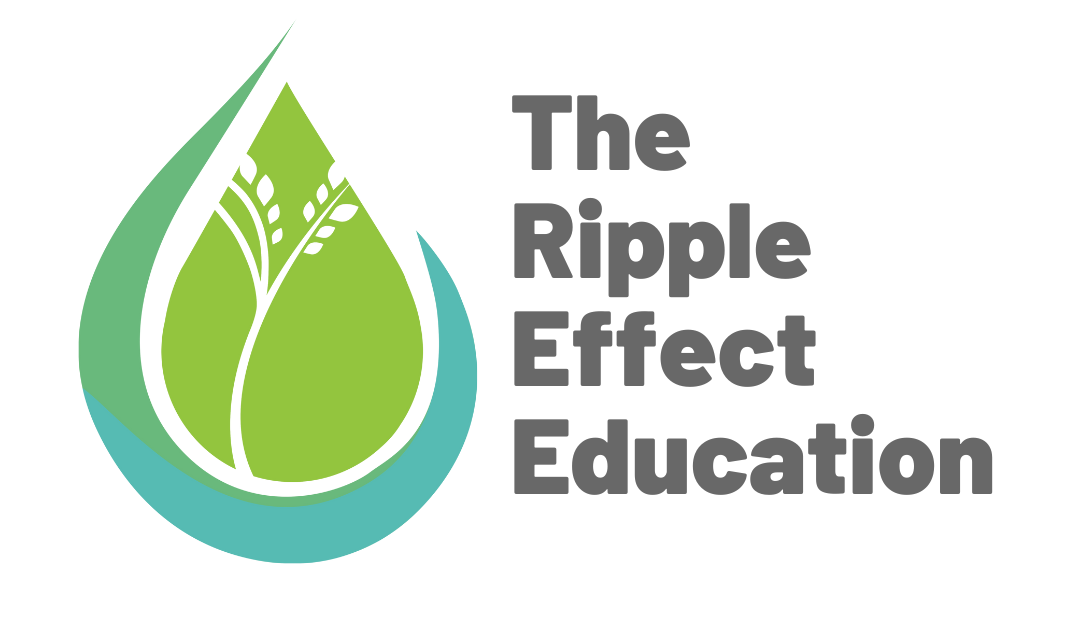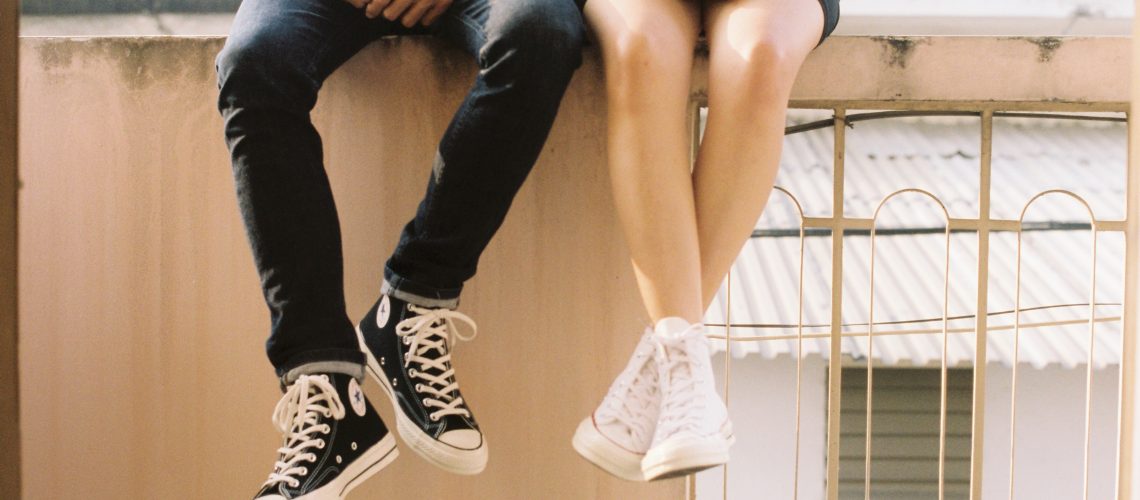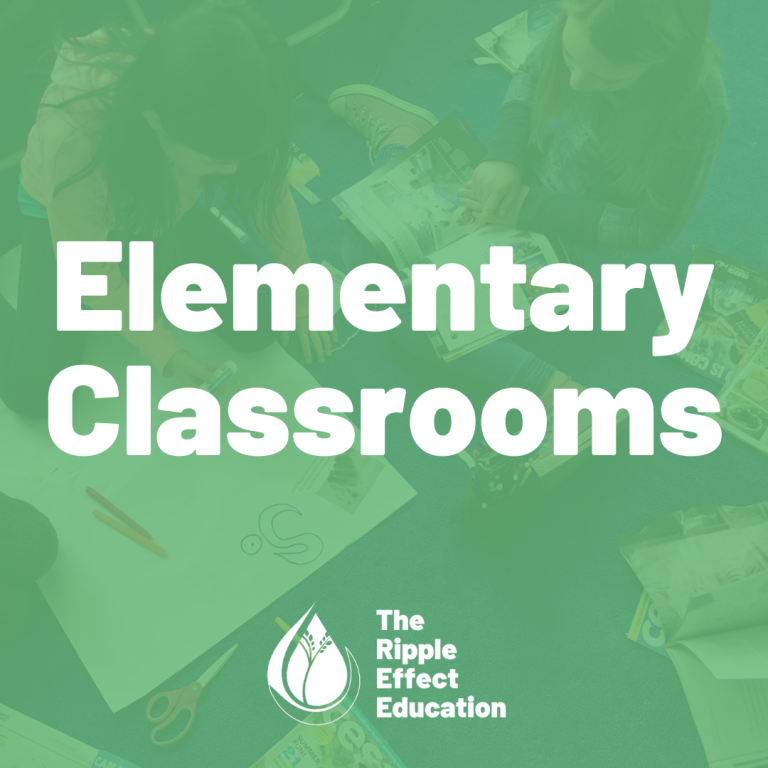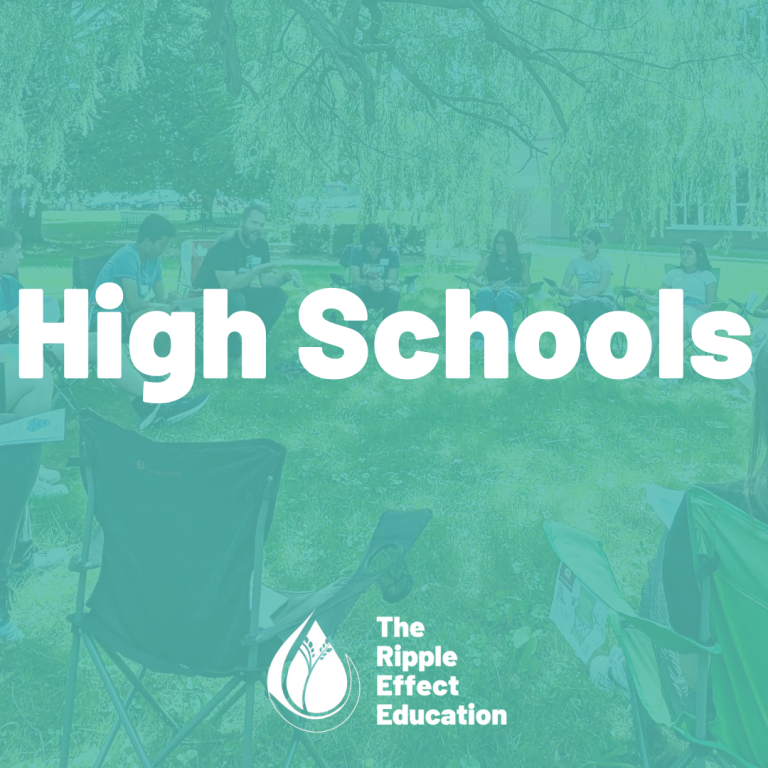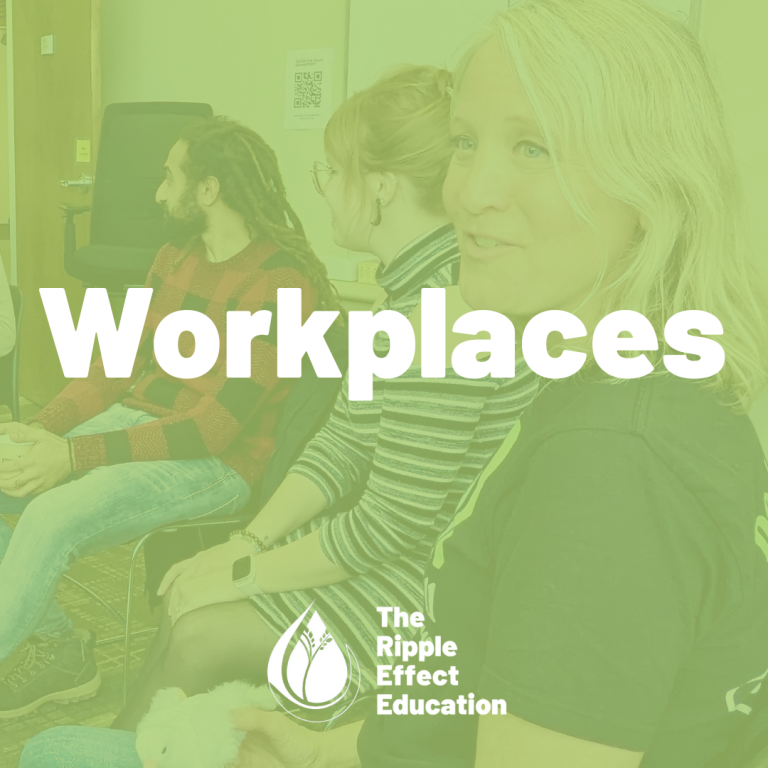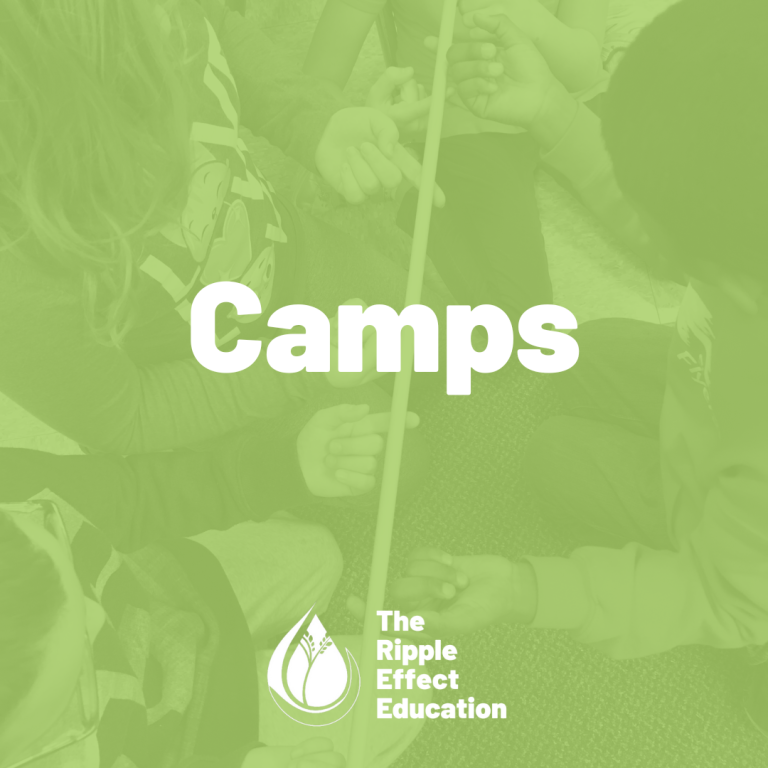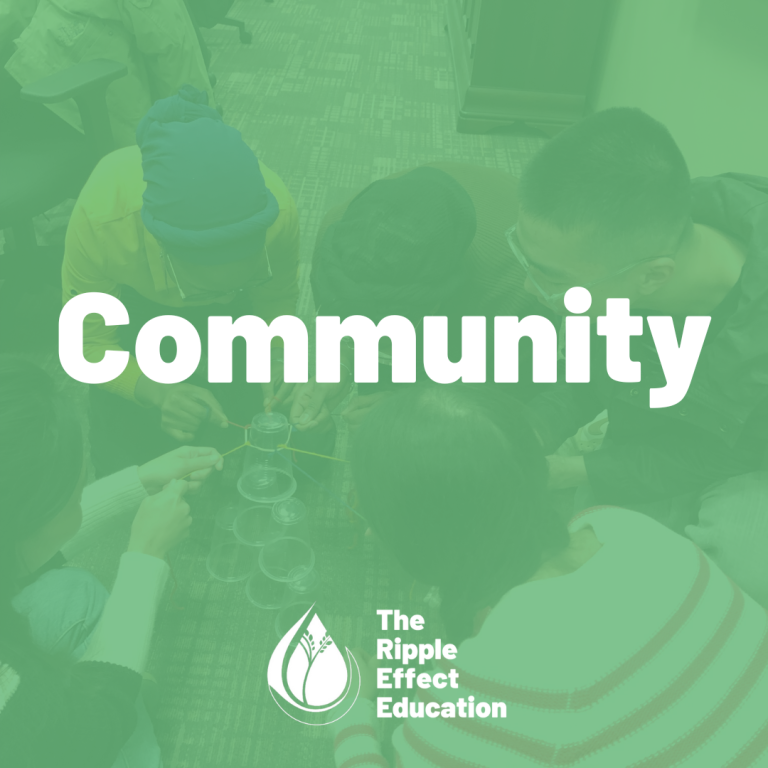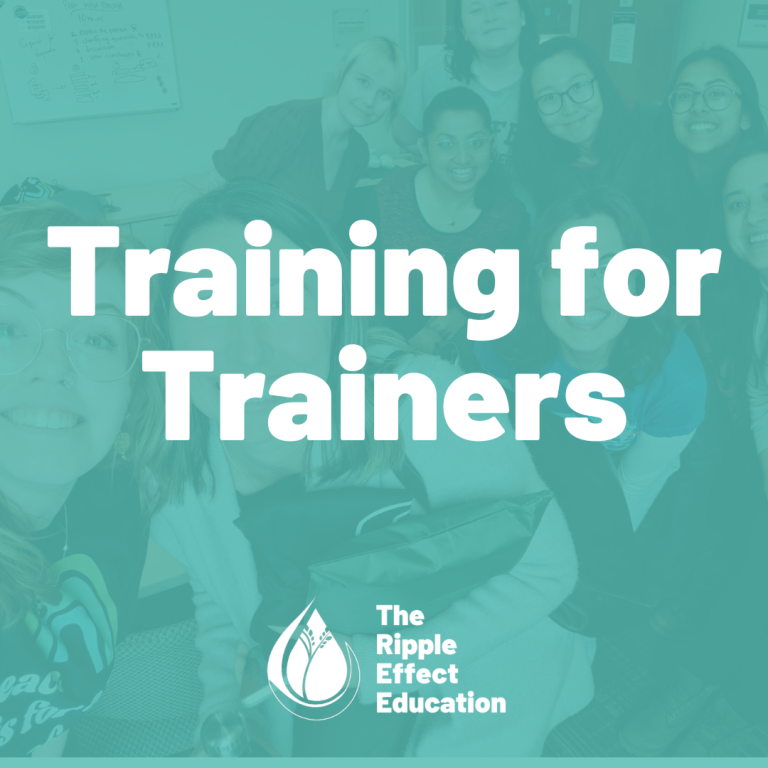Welcome to the final instalment of our July Peace Activities series features three peace activities for teens. Featuring some of our favourite TREE activities, this guide is designed for older children or teens, age 13+ to try at home. Of course, you know your family best, so feel free to adapt these activities to their preferences and interests, or check out our activity guides for ages 6-9 and 10-12, or our summer reading list!
1. Implicit Bias Test
The Implicit Association Test (IAT) is designed to measure attitudes and beliefs that people may be unaware of or unwilling to admit. It is a powerful tool in exploring our biases and give us an idea of where we stand so we can work towards addressing our bias! There are 15 Implicit Bias Test options including bias relating to gender, race, age, body size, and sexuality. After the initial test there are a number of questions regarding information of the individual taking the test, you can choose to decline to answer these questions and it will not affect your results.
Doing some additional learning and exploring of what bias means beforehand could help in avoiding defensiveness when it comes to learning of our own biases:
- What is Unconscious Bias?
- Are you biased? I am | Kristen Pressner | TEDxBasel
- Implicit Bias | Concepts Unwrapped
2. Explore Sustainable Development Goals
With your teen, take a look the Sustainable Development Goals for 2030, developed by the UN. Have your teen explore each of the 17 goals and choose one that they feel passionate about addressing. Click on that goal and have your teen read more about it, or do it as a family. Read any related links and videos that would help give a better understanding of the issue.
Once you have read up on the issue, brainstorm some ideas to work towards that goal. For example, if your teen has chosen ‘End Hunger,’ action items might be hosting a canned food drive amongst your neighbourhood to support a local food bank, or volunteering with an organization that addresses food insecurity in your community. Research organizations in your community that are already doing work related to their chosen goal and learn more about them.
After taking the chosen action to address the goal debrief with your teen:
- When we were doing ___ to address the SDG’s, can we measure our impact? How is this affecting individual in our community, or others on a global level?
- Are the actions we took sustainable? If not, how could we make this more sustainable?
3. Self Care Goal Setting
Materials: Pencil and paper (optional: art supplies to decorate)
In this activity, the purpose is to set goals in order to proactively manage stress. This can be a great activity to do proactively especially if big changes or times of stress might be around the corner.
Stress can be reduced by getting enough sleep, moving our bodies, doing fun activities, eating healthy food and more. What works for one person to destress might actually increase stress for someone else, which is why it’s important to explore what works for each person. Work with your teen to create and set goals for one week in the categories listed above, and any additional goals you want to explore. You could introduce this as an activity for each member of the family to do for themselves, or you could set goals as a family. For teens it might be most empowering to have them set these goals for themselves.
Individual examples for Self Care Goals:
- Sleep – I will get at least 7 hours of sleep each day this week.
- Movement – I will try out yoga twice this week.
- Fun – I will make time to watch my favourite movie this week.
- Eating – I will try a new recipe this week.
These goals can be adapted, explored, and expanded upon as time goes on. You can pick a time each week to debrief the previous week and make any changes for the week ahead!
As always, let us know if you try out any of these activities and how they worked out! Thanks so much for engaging with our July series, and let us know if you would like to see similar series from us in the future.
Photo by August de Richelieu from Pexels
 Erin Huston is a social justice advocate and community-building facilitator. After finishing degrees at the University of Waterloo in Legal Studies and Peace & Conflict Studies, Erin pursued a Masters degree in Social Justice and Community Engagement at Wilfrid Laurier University. Passionate about working with youth, Erin uses her education of structural factors and discourses that lead to social inequality and environmental injustice to facilitate programming designed to help empower young people to think critically about issues they care about.
Erin Huston is a social justice advocate and community-building facilitator. After finishing degrees at the University of Waterloo in Legal Studies and Peace & Conflict Studies, Erin pursued a Masters degree in Social Justice and Community Engagement at Wilfrid Laurier University. Passionate about working with youth, Erin uses her education of structural factors and discourses that lead to social inequality and environmental injustice to facilitate programming designed to help empower young people to think critically about issues they care about.
